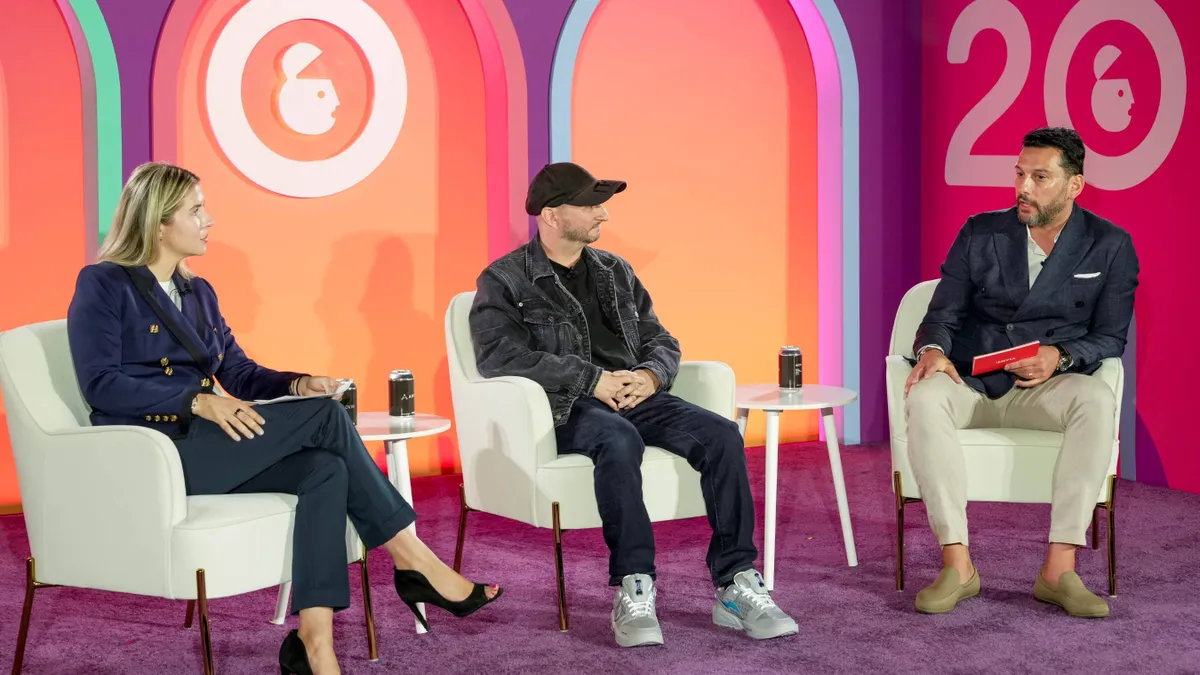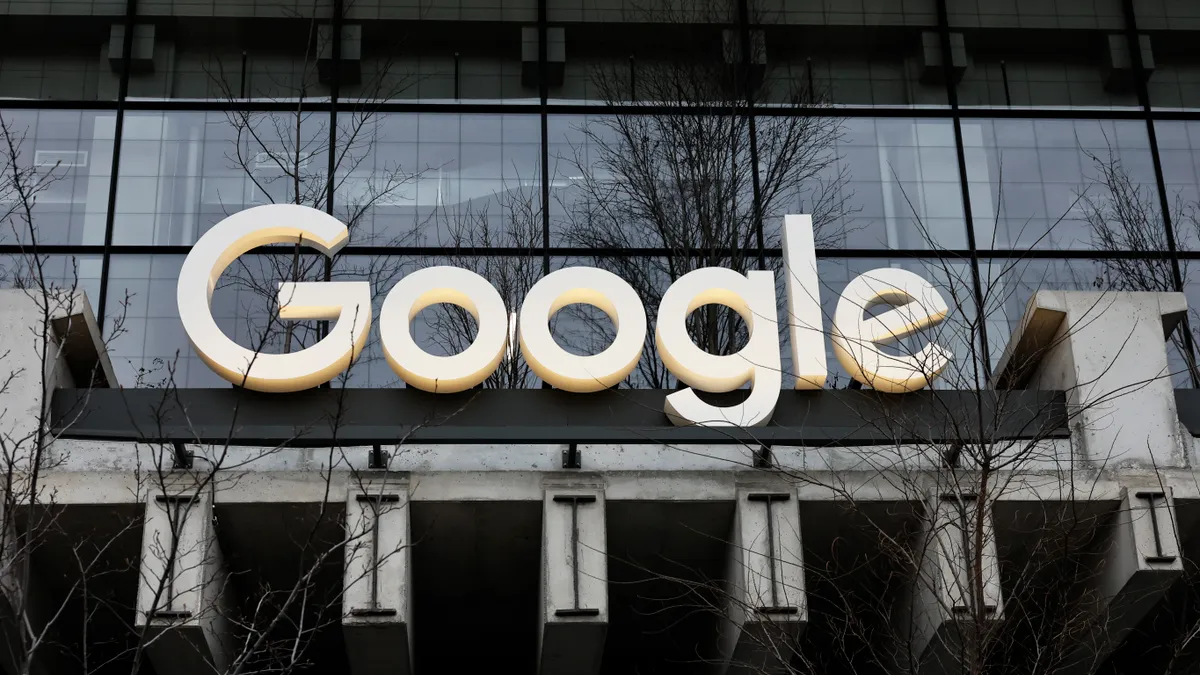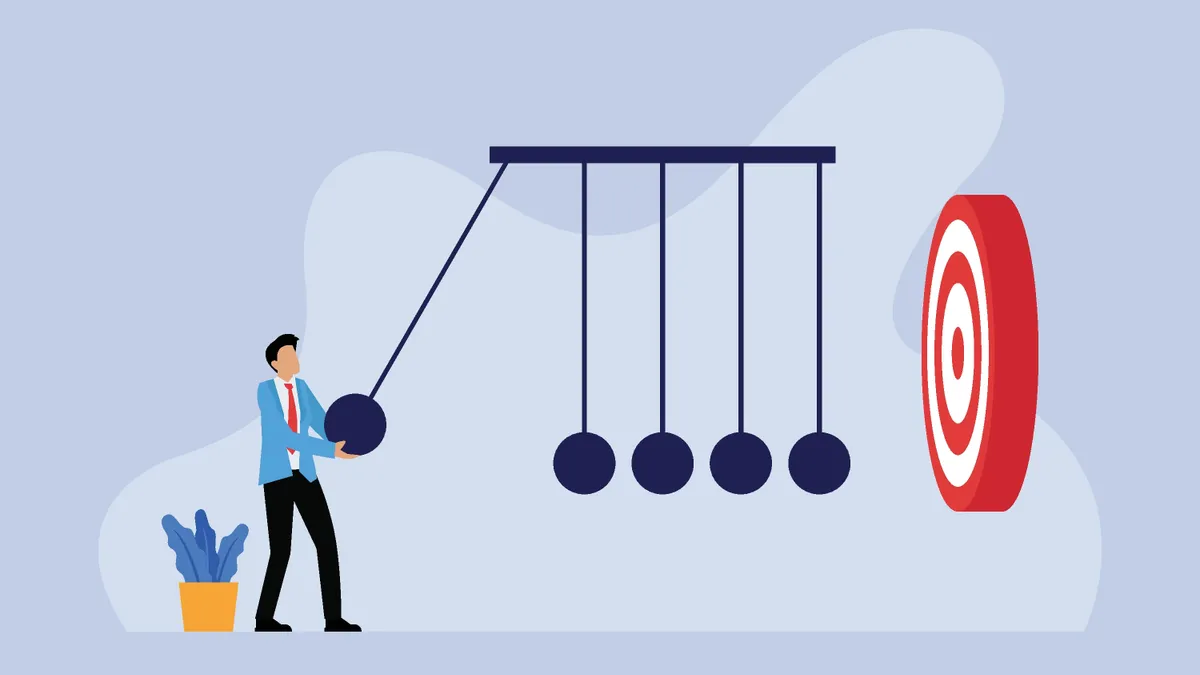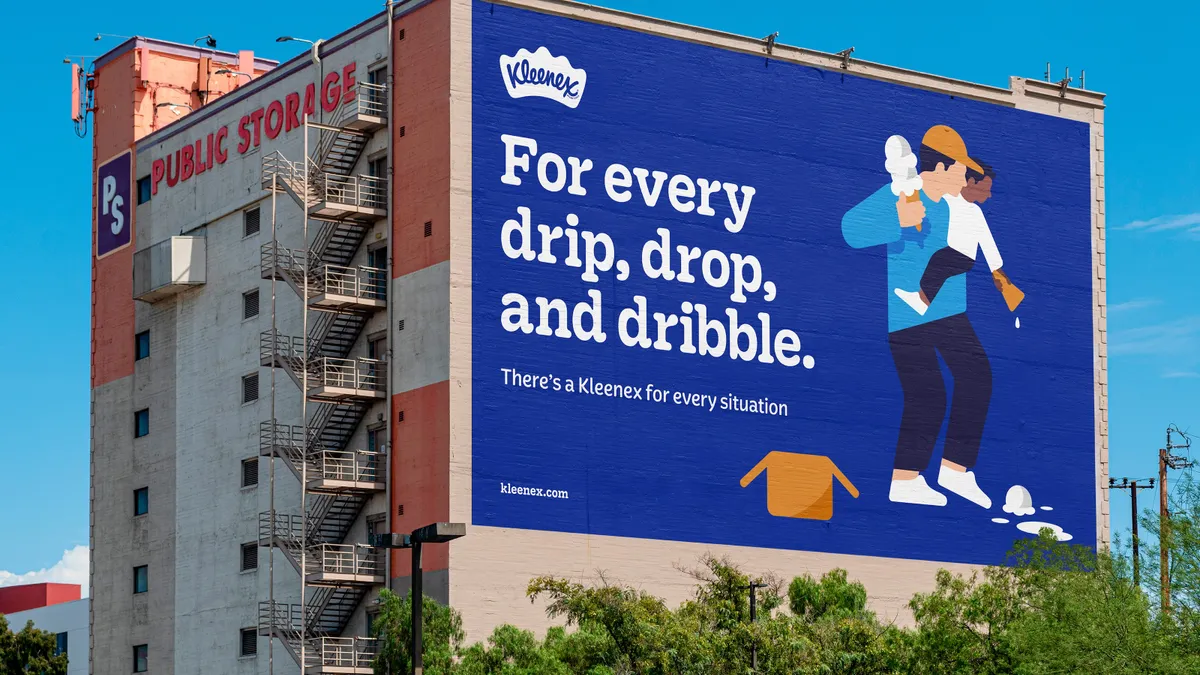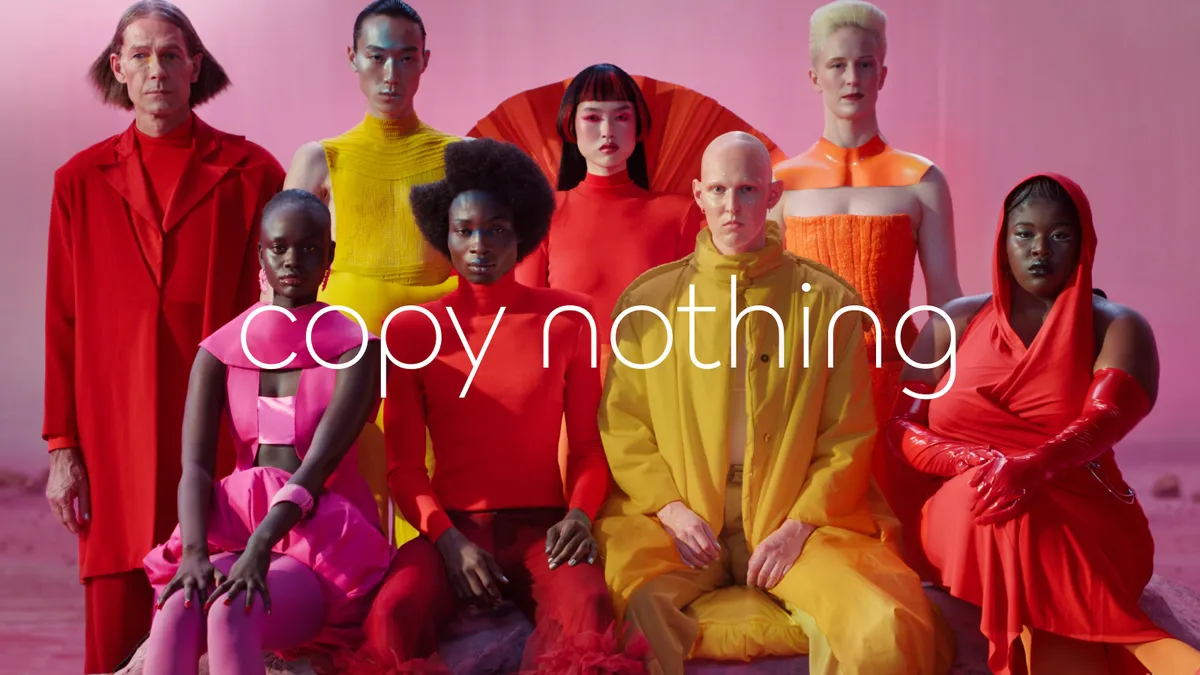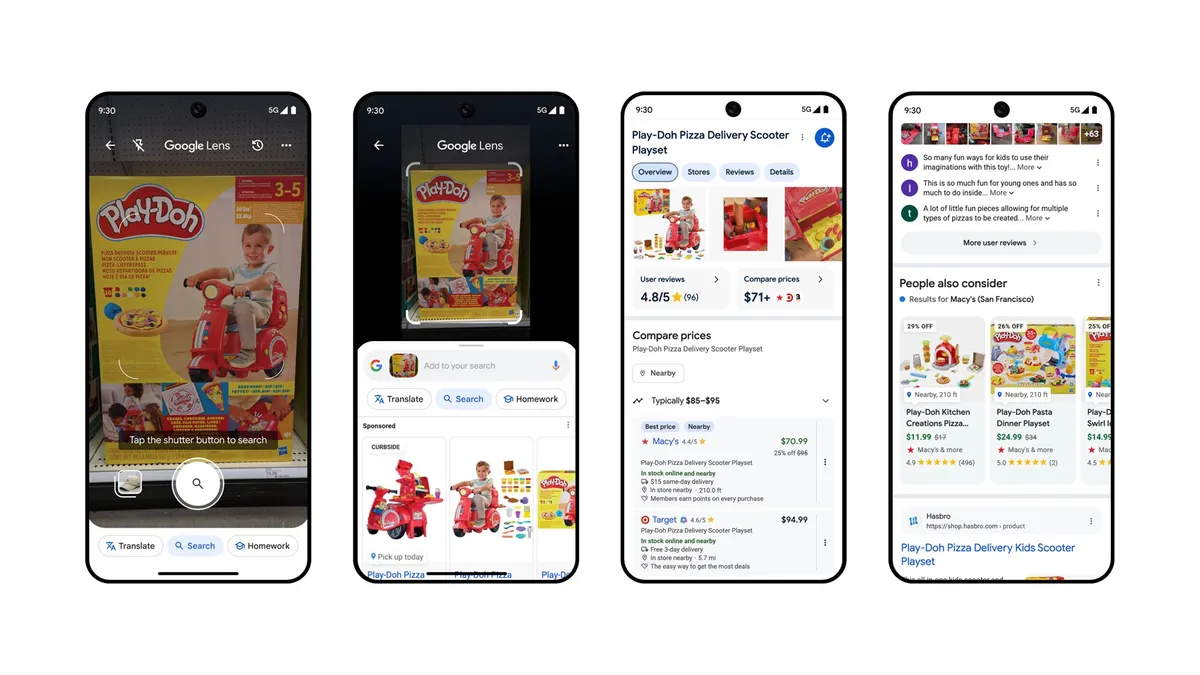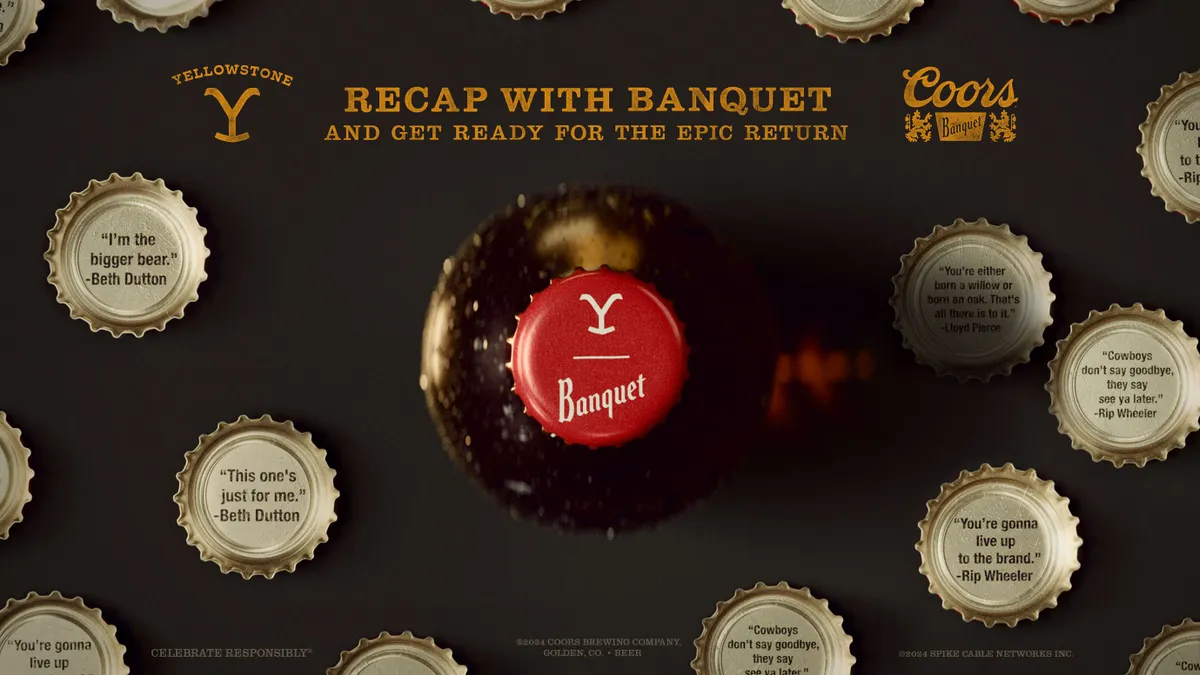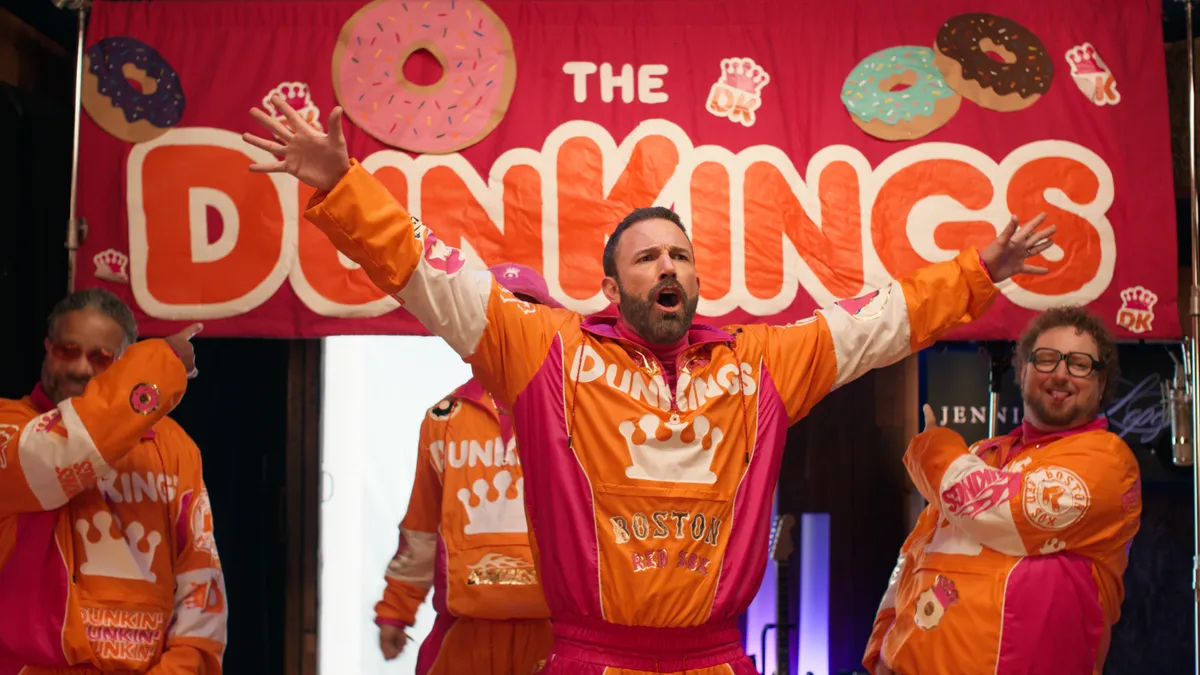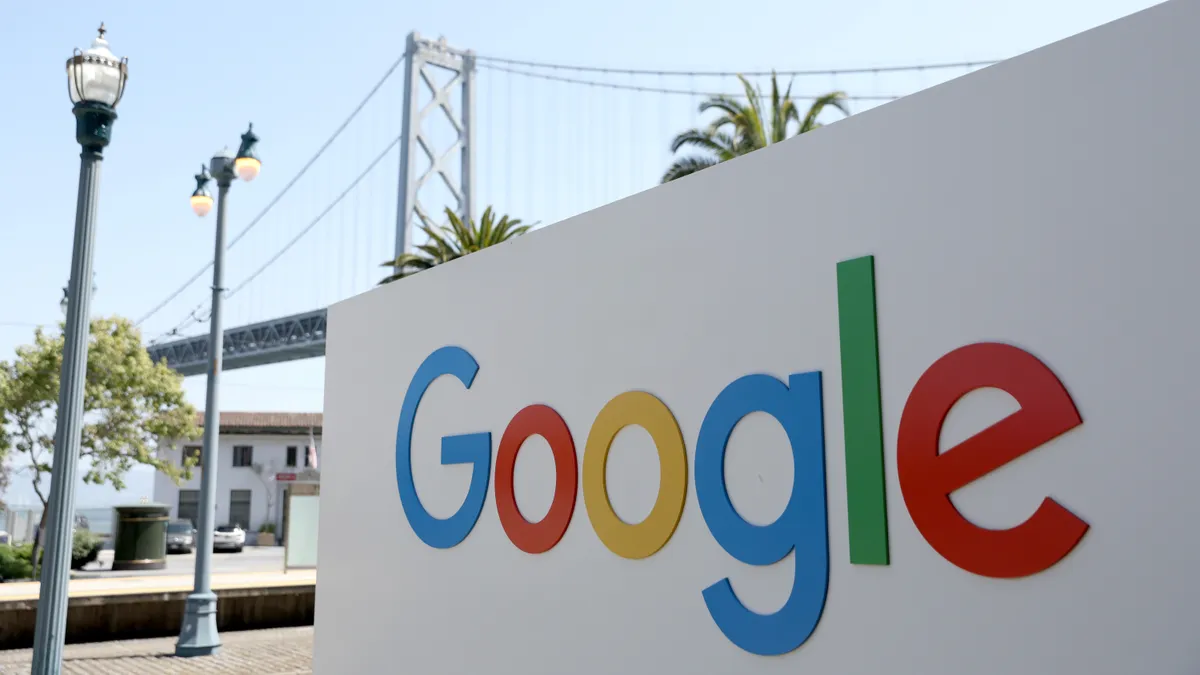NEW YORK — The honeymoon period for generative artificial intelligence (AI) may be waning for some, but Advertising Week New York was still rife with discussions around the technology. Moët Hennessy was among the marketers expressing continued optimism around generative AI’s prospects as an efficiency driver at the annual gathering last week, while noting that the luxury alcohol category has steep expectations around getting the execution right.
“Having the ability to really personalize a message to an individual or group of individuals and then create assets at scale via automation that enable that personalization — that is such a huge opportunity for us,” said Tatyana Ilyin, director of digital for Moët Hennessy’s champagne and sparkling portfolio, during the panel. “The challenge ... is that we need to do it in a way that’s luxury, elevated and doesn’t compromise the integrity of our brands and brand ethos. That’s really where the human element of things comes in.”
Ilyin, who helps market brands like Dom Pérignon, Veuve Clicquot and Krug, is eyeing generative AI for three key areas: content production, consumer experiences and media planning. The executive estimated that her teams spend roughly 80% of their time doing rote tasks that do not directly drive the business, including budget allocations, while generative AI could free up more resources for strategy development and brand building.
While Moët Hennessy is bullish on AI overall, Ilyin reinforced that a cautious approach is necessary to avoid falling into the shiny penny trap. “Test and learn” became a refrain across the 30-minute discussion with representatives from Publicis Media and ad-tech firm Viant Technology, the latter of which served as moderator.
“In the end, all brands need to understand and identify the best use cases for them and then deploy a crawl, walk, run approach as it relates to this, because we don’t want to be riding the wave of fad, so to speak,” said Ilyin. “We want to be engaging with AI thoughtfully.”
Area of opportunity
Regarding content production, Ilyin expressed a desire for “automated focus groups” to workshop marketing material, as well as tools that can identify the exact right visual or audio cues to stoke consumer engagement with an ad. She also called out the rising importance of chatbots, virtual assistants and virtual influencers to the luxury industry.
“[The] biggest areas of opportunity are really within that customer interaction and discussions with a particular brand and really automating that process,” Ilyin said.
Winemaker Cloudy Bay Vineyards, also under the LMVH banner, recently deployed an AI-powered chatbot that let users automatically generate summer Friday away from office emails as part of a larger “Summer Fridays” campaign, as reported in Forbes. Moët parent LMVH has made several investments in AI firms this year through its owner’s venture firm and family office.
Related to media, generative AI was positioned by Ilyin as a potential solve for signal loss, along with channels like programmatic advertising that have historically been difficult to navigate for alcohol brands. Ilyin explained that figuring out generative AI’s programmatic applications is top of the agenda for 2025. That said, the marketer argued that luxury brands need to be particularly aware of brand safety, suitability and privacy standards to preserve a premium image with high-end customers.
“Our clients, they trust us to respect our data, to be responsible with it,” said Ilyin. “We don’t want to take advantage of that just for the sake of being more efficient or trying something new ... but that shouldn’t stop us from trying at all.”
The executive has tried out a new AI media-planning solution from Viant that relies on a combination of publicly available data and anonymized insights from the ad-tech company’s demand-side platform. The full extent of the Viant relationship wasn’t immediately clear. The marketer indicated that the current generative AI wave will impact Moët’s approach to its marketing services ecosystem in a broad sense.
“It will change the way that we work with media agencies as well. I think we’ll all have to adopt a real test-and-learn mindset as we uncover the applications here,” said Ilyin. “But in the end, I think it will make us so much more data-driven and efficient, which is really a priority for me.”



